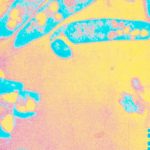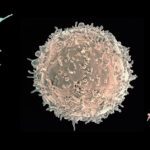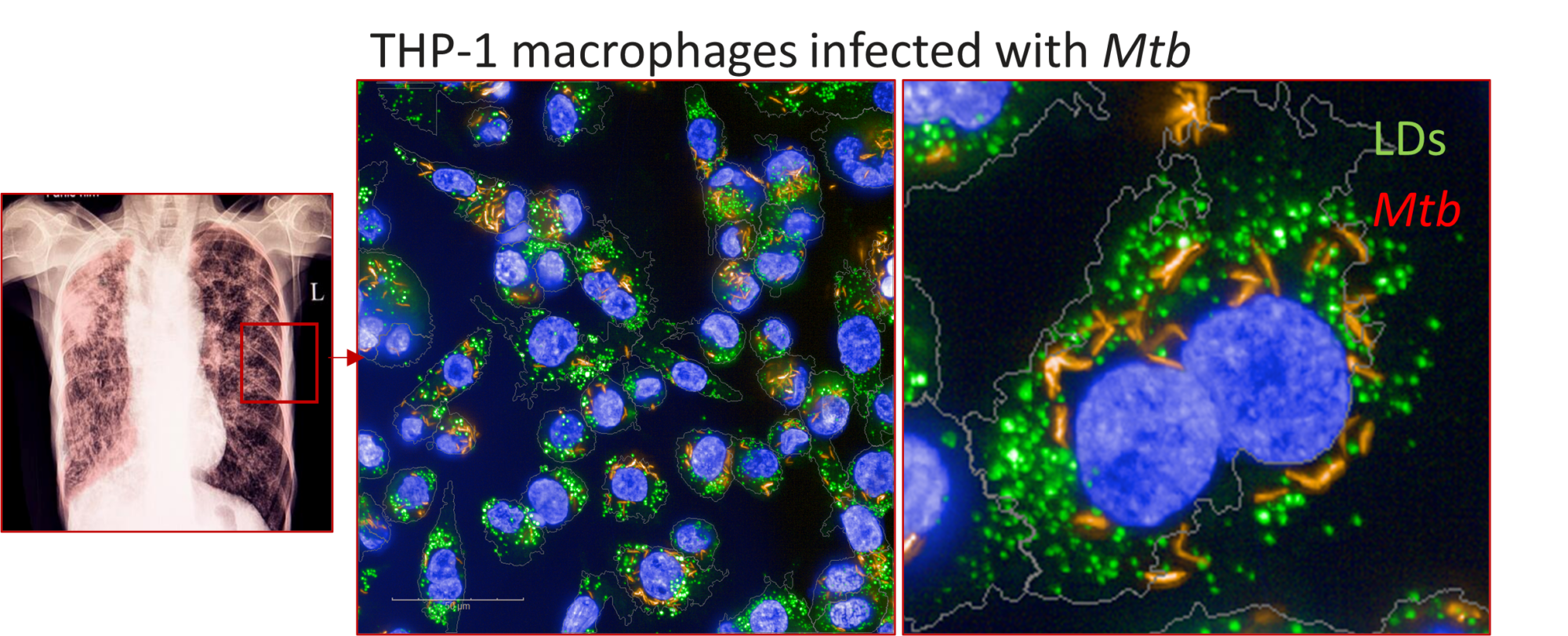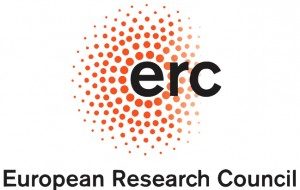Caroline Demangel, head of the unit “Immunobiology and Therapy” was awarded a European Research Council (ERC) Synergy grant for her project ‘DRIMMS – Lipid droplets as innate immunity hubs’. She will form an international consortium together with Albert Pol, leading the “Lipid Trafficking and Disease” group based in the Institut d’Investigacions Biomèdiques in Barcelon (Spain) and with Robert G. Parton, of the Institute for Molecular Bioscience, University of Queensland (Brisbane, Australia). Caroline Demangel is among the 105 researchers in Europe (and 22 in France) to receive this prestigious and highly selective grant in 2022, the ERC supporting 29 projects this year.
These three teams will focus their attention on lipid droplets (LDs), intracellular organelles that regulate the storage of lipids, and more specifically on their role in fighting microbial infection. LDs were primarily seen as a nutrient stock and thus an energy supply for invading microbes to multiply and effectively colonize the host. But more recent studies have led to consider LDs as potent sentinels to trigger an innate immune response to intracellular pathogens via proteins coating the droplets.
The project funded by the ERC will deploy a large array of techniques, from high-throughput proteomics to 3D electron tomography and confocal microscopy, to decipher the interactions between pathogens and LDs and the subsequent activation of innate immune system. Caroline Demangel’s team will contribute notably with its expertise in Mycobacterium tuberculosis, the pathogen causing tuberculosis, to understand how the bacteria bypasses LD-mediated defenses. Altogether, this project will help us understand the role of LDs in the response against microbes and will open doors to develop novel drugs to fight infectious diseases.




